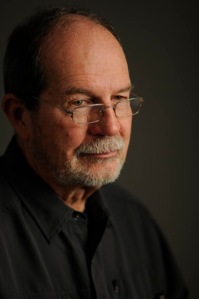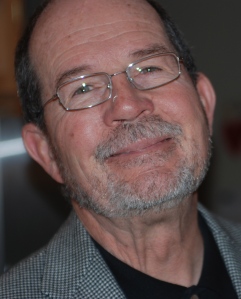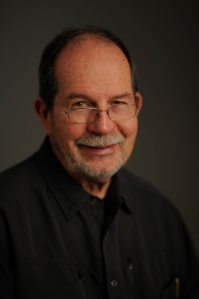 Our sons join the army to get work being shot at.
Our sons join the army to get work being shot at.
—Jim Harrison
For a long time there were simultaneous
wars, so work was good. Now the wars
are winding down and our poor
are unemployed. They phone
government hotlines then get disconnected.
I know a stonemason disabled from battling
his chisel. He says there will always be his kind
of work—thousands of gravestones
stockpiled in the quarries of Vermont.
He says he’s willing to teach,
but worries some might inscribe their own names
before praying into the muzzle of a Colt 45.
~ H. C. Palmer
Previously published in Feet of the Messenger, Bk Mk Press
H.C. Palmer lives in Lenexa, KS. He mentors and teaches at the Kansas City Veteran Writers’ Work Shop. Feet of the Messenger was published in October 2017 by Bk Mk Press, University of Missouri, Kansas City. It was a finalist for the Balcones Poetry Prize and a Kansas Notable Book.
Guest Editor Al Ortolani’s poetry has appeared in journals such as Rattle, Prairie Schooner, and the Chiron Review. He is the recent recipient of the Rattle Chapbook Award for 2019. Ortolani is the Manuscript Editor for Woodley Press in Topeka, Kansas.



